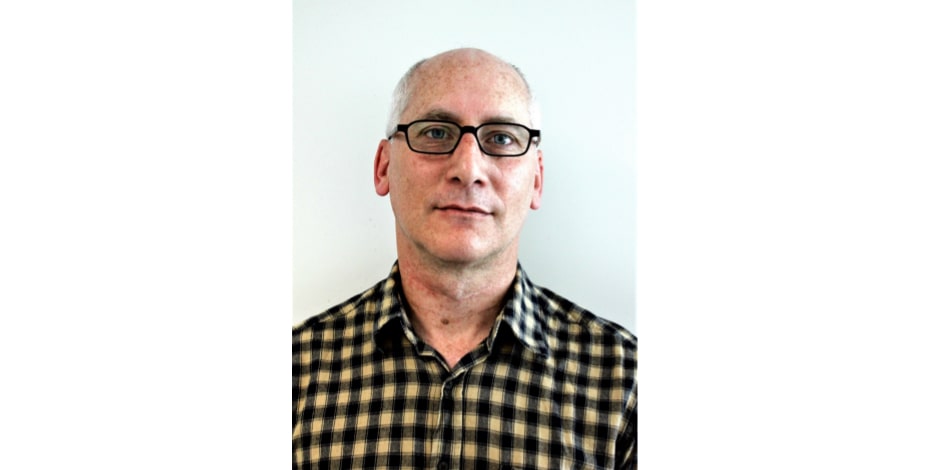
Strategic priorities in a post-pandemic landscape

Recently the APA Policy and Government Relations team welcomed a new general manager, Simon Tatz. Here, Simon reflects on the positioning of physiotherapy in the healthcare landscape and what objectives the team will work towards in the immediate future.
Welcome to the APA team. Can you tell us a little bit about your background?
I grew up in Melbourne, Armidale and overseas. After high school I joined the ABC (Sydney) as a technical operator in radio, which was my childhood ambition; however, I became side-tracked by other opportunities.
A decade later I began university studies in Canberra but a position working in Parliament House meant putting my PhD (on sport and identity) on hold.
For more than 12 years I was an adviser to ministers and shadow ministers across a range of portfolios including health, consumer health, sport, aged care, disability and transport, and I was Chief of Staff to the Minister for Higher Education.
For seven years I headed up communications for Mental Health Australia, and before joining the APA I was Director of Policy with Mental Health Victoria, and the Director of Public Health with the Australian Medical Association (AMA).
After 25 years in Canberra, my family and I moved to Melbourne in 2018.
Coming with an outside perspective into the profession, what are your thoughts on where physiotherapy sits in the health landscape?
My initial view is that physiotherapy may, at times, be taken as a given within the health system.
Physiotherapy is critical to healthcare from birthing through to aged care, but not everyone understands the scope of the profession and what the health landscape would look like without physiotherapy.
At a basic level, I think the public ‘know’ about physiotherapy through personal interactions, sport and rehab, or with animals, but may not know about the scope of practice, qualifications and where we sit in the health landscape.
The coronavirus is transforming the health sector, but we don’t yet know what it will look like when this pandemic eventually ends.
The challenge is how we position ourselves proactively, how we raise health literacy, and also how we respond to the changing demands for health delivery.
What do you think some of the key objectives of the APA policy team will be in the next 12–18 months?
The Policy and Government Relations team is mapping out a work plan that will deliver on the APA’s strategic plan.
Our objectives include enhancing our engagement with governments, departments, Primary Health Networks, and other health entities.
We want to raise knowledge about physiotherapy, promote the economic value of physiotherapy, and build the data and evidence to support physiotherapists across a range of practice and policy areas including telehealth, MBS items, clinical autonomy, our role in hospitals and clinical settings, and research.
There are also key areas related to COVID-19, such as aged care and mental health, where I see physiotherapy as having a more central involvement and input.
I am very interested in the issue of pain and mental health.
Coming from the AMA, I also see the importance of enhancing the knowledge of GPs about physiotherapy. Another objective is to see physiotherapy and allied health included to a much greater extent in health policy decision-making.
What do you see as some of the challenges the profession will face, and how will you and your team address those challenges?
Health literacy in Australia needs to be raised as too many people struggle to navigate the health system—and this applies to the general public as well as other medical practitioners.
I see already the issues of recognition and awareness of what physiotherapists do as a huge challenge.
We can always look for ways to make better use of information, data and our policies, and use opportunities with government and decision-makers to raise the profile and understanding of the role of physiotherapy.
The biggest challenge is the novel coronavirus. COVID-19 is altering healthcare (and almost every aspect of our lives), yet we don’t yet know how the transition out of the pandemic will occur, and how this will transform health services.
We don’t know the full impact on hospitals, outreach services, telehealth, even the future of international sports.
This is a challenge faced by every healthcare provider, and our challenge is to ensure the APA is a leader in health policy and decision-making.
We must continue to be flexible and able to adapt to changing circumstances while continuing to strongly advocate for the profession and the best care for clients and patients.
© Copyright 2025 by Australian Physiotherapy Association. All rights reserved.





